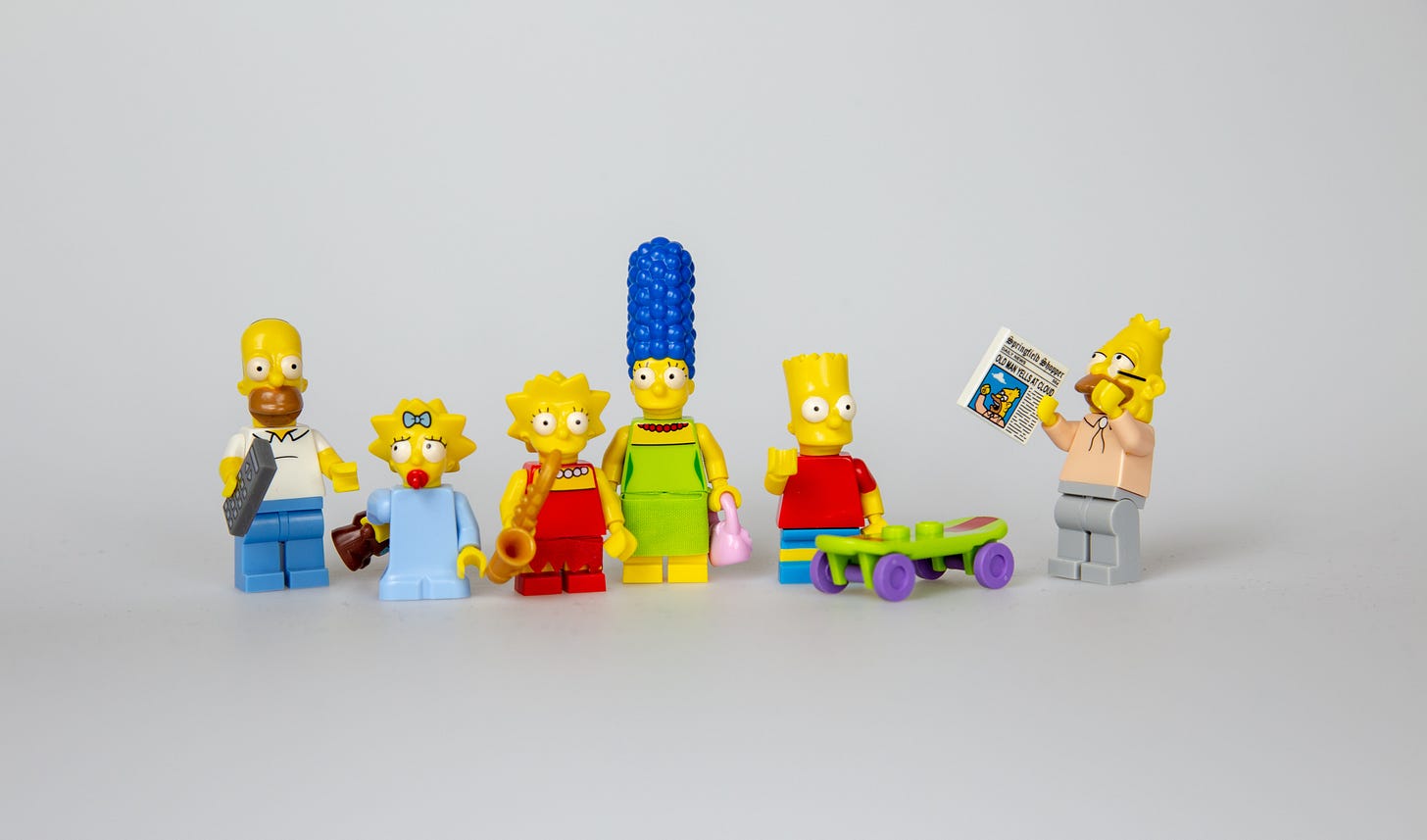What Lisa Simpson Taught Us About Human Behavior
Do you remember this scene?

For some reason, I can’t seem to find the clip anywhere—but do you remember the scene where Lisa Simpson is going around her neighborhood knocking on doors?
She’s on a mission to help stop global warming and she discovered that one of the ways to impact it was by reducing energy consumption at scale.
So, Lisa did the math and figured out that if everyone just turned their thermostat down by 1 degree, we’d make a significant change.
In classic Simpson’s fashion, the scene shows Lisa knocking on someone’s door and explaining with sincere and authentic optimism:
“If we all just reduced our thermostats by 1 degree, we’d significantly change the course of global warming on our planet.”
Or something like that.
Of course, the neighbor does exactly what we’d expect, he groans and shuts the door in Lisa’s face.
Slam.
Classic Simpsons.
But what does it all mean?
Sometimes behavior seems so easy to change. Sometimes it’s right there, looking totally and completely possible.
But for some reason, it’s too hard for most people to get off the couch.
It’s too hard for people to get up and grab the remote.
It’s too hard for people to see how their tiny little actions lead to large scale effects.
This is where it’s hardest to change the world. We start saying to ourselves, in our most authentic Lisa Simpson voice “If we’d all just . . . "
And that’s the trap.
Only a tiny, tiny fraction of people will rally. The masses will continue in whatever trajectory their current inertia dictates. Manage your own expectations here and you’ll be able to focus on more practical approaches.
So, what do we do?
The lesson here is that it’s too hard to change people’s behavior at scale. Instead, we have to do the very unintuitive task of working in small groups. It starts with just a few. Then the number gets larger. And when the number gets large enough, you can start making or changing the systems around you.
It starts by making recycling the default option that you’d need to “opt-out” of instead of “opt-in.”
It starts by changing the systems and operations around us to gain the critical mass needed to find the tipping point, where, all of a sudden, we all agree.
“Of course slavery is bad.”
“Of course global warming is a problem.”
“Of course we don’t want to burn books.”
Catch Your Lisa Simpson Thinking
Throw a red flag when you hear those words come out of your mouth.
“If we all would just . . . “
Stop right there.
Focus on the small things around you, and let’s go change some systems instead.

